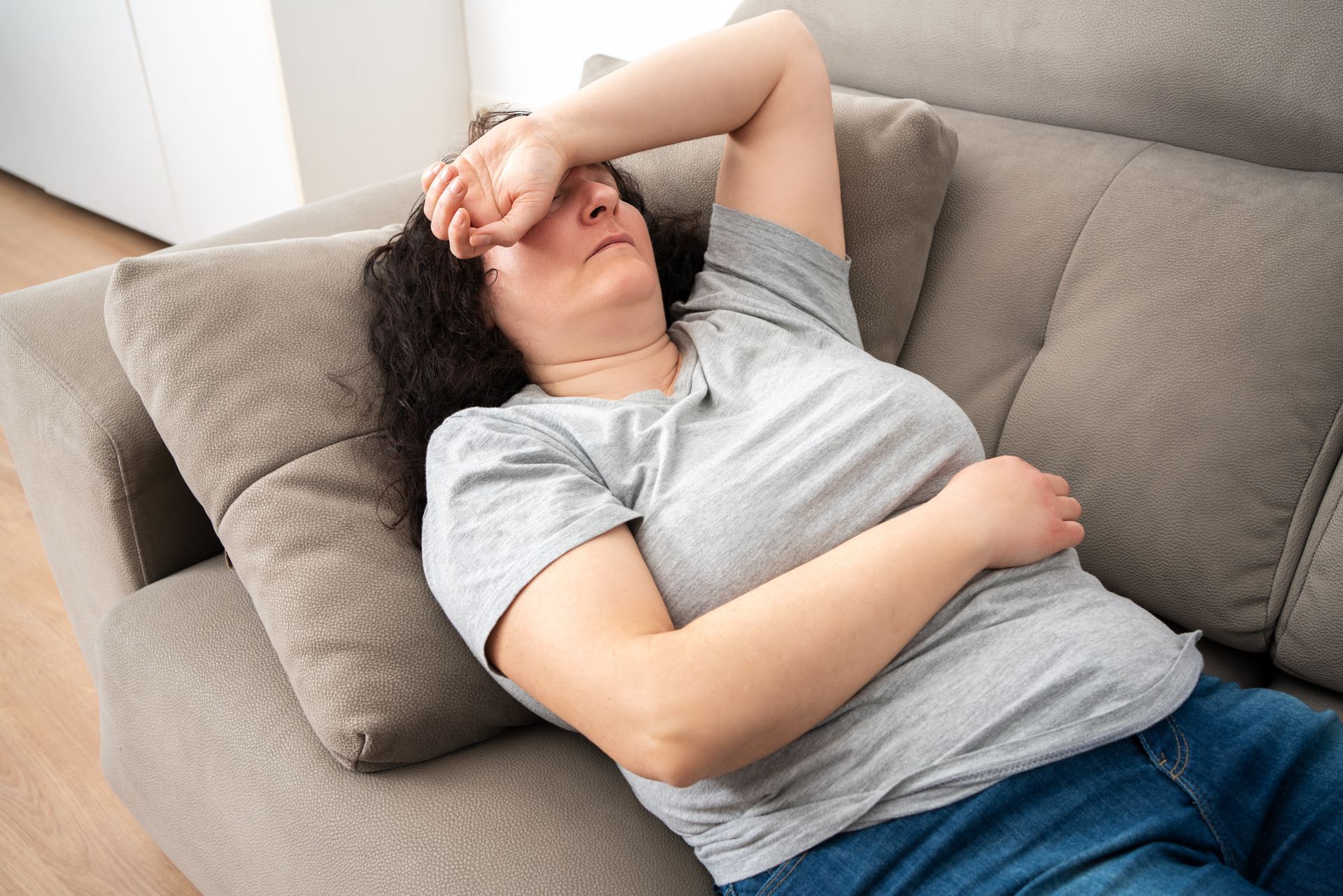Is Hormone Replacement Therapy (HRT) Safe? We Answer Your 5 Top Questions

“Is hormone replacement therapy safe” is one of the first questions I hear from many of the men and women we see at Rejuvime Medical. That general question encompasses many specific questions about the relative risks and benefits of HRT. Hormone therapy includes risks, to be sure, as do many medications that people take to relieve symptoms that impact their quality of life.
Medically monitored hormone replacement therapy at Rejuvime Medical means people considering HRT get blood tests to ensure the therapy is safe, accurate, and effective. Our providers monitor patients at periodic appointments, adjusting the specific therapy when necessary.
HRT Frequently Asked Questions
Learn the answers to some of the most common questions about the safety of hormone replacement therapy.
Aren’t there studies that show HRT is unsafe for women?
A single, erroneous study published in 2002 found links between hormone therapy and elevated health risks for women of all ages. The last 2 decades of research, however, show that for pre-menopausal and menopausal women younger than 60, the increase from hormone therapy is quite low. The North American Menopause Society , the American Society for Reproductive Medicine, and The Endocrine Society take the position that most healthy, recently menopausal women can use hormone therapy for relief of their symptoms, such as hot flashes and vaginal dryness.
How long is it safe to take hormone replacement therapy?
When closely monitored by medical practitioners, men, and women can continue safely taking hormone supplements for years. Treatment plans vary, depending on the patient’s condition, medical history, and goals. Men addressing age-related low testosterone levels and women with menopause-related symptoms can remain on hormone replacement therapy for many years. With appropriate dosing and the consistent monitoring of a patient’s lab work and treatment response, there isn’t usually a need to stop HRT.
Can you be too old for HRT?
Studies show that women who begin hormone replacement therapy during perimenopause or within 10 years of the start of menopause can benefit from the treatment with minimal risk. The risks associated with HRT increase for women after they turn 60. Men who experience low T symptoms can benefit from HRT regardless of age, as long as they are closely monitored by a medical provider.
Does the safety of HRT differ between different types of hormones?
Hormone replacement therapy isn’t a cookie-cutter treatment. It’s highly customized based on the symptoms of menopause or andropause being treated and the results of blood tests performed at the outset of your therapy. Based on this information, we create a treatment plan that may include specific or combination hormones. With appropriate dosing and consistently monitoring a patient’s lab work and how they respond to treatments, we ensure the therapy is safe regardless of the hormones used.
Is HRT unsafe for some people?
Not everyone is a good candidate for hormone replacement therapy. People who should avoid HRT include anyone with an underdeveloped endocrine system or if you have a history of cancer. Also, people who may be experiencing hormonal changes but whose symptoms are mild shouldn’t get HRT. We have developed a questionnaire to help you determine if you’re a good candidate for HRT.
If you think hormone imbalance may be affecting your quality of life, we can help. Request a consultation with a hormone specialist by using the online form or by calling us at (225) 960-1580 .
The post Is Hormone Replacement Therapy (HRT) Safe? We Answer Your 5 Top Questions first appeared on Rejuvime Medical.
Get in Touch
Questions? Contact us today by phone or book an appointment online.
Questions? Call our office:
(225) 228-3128





